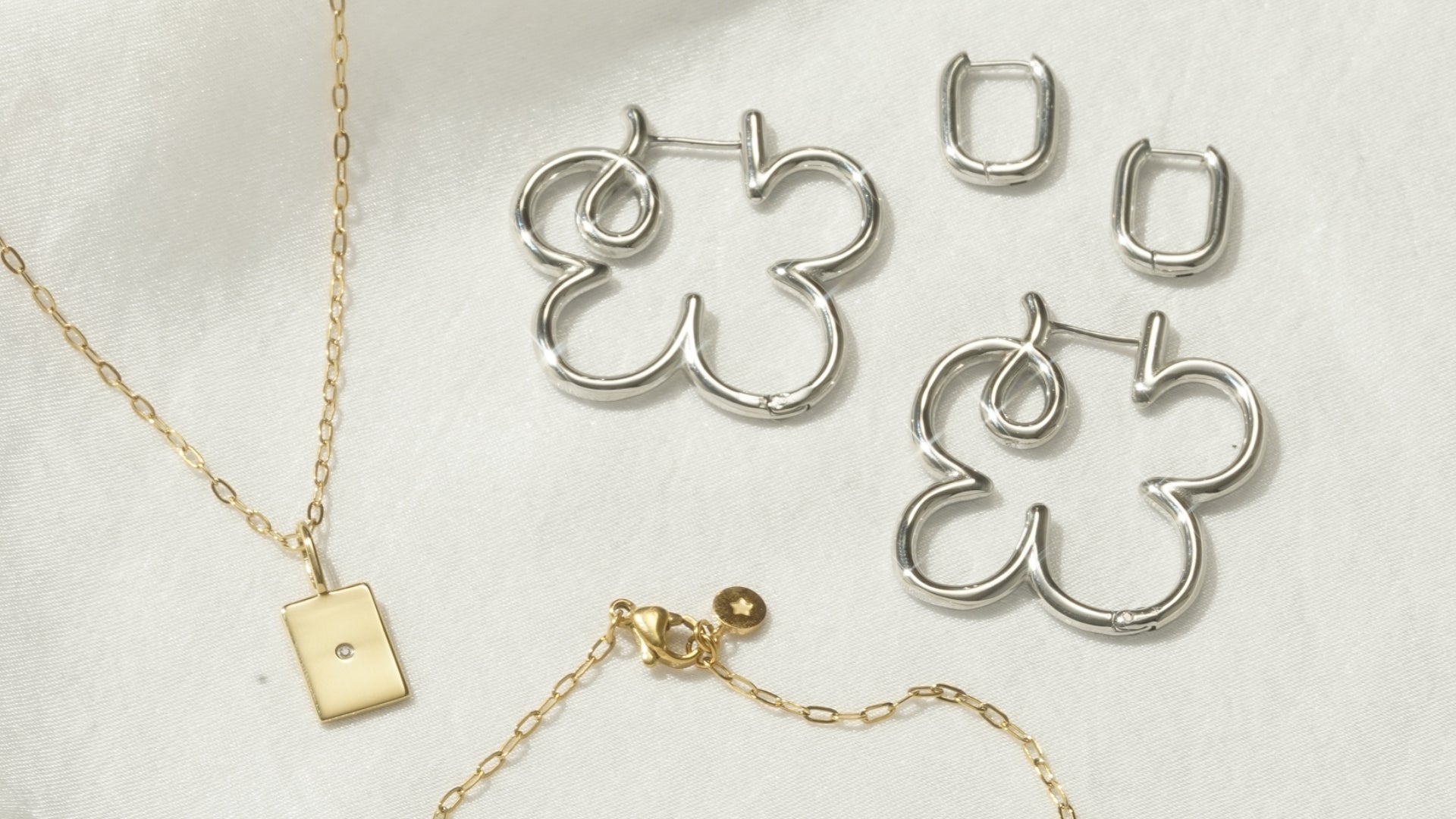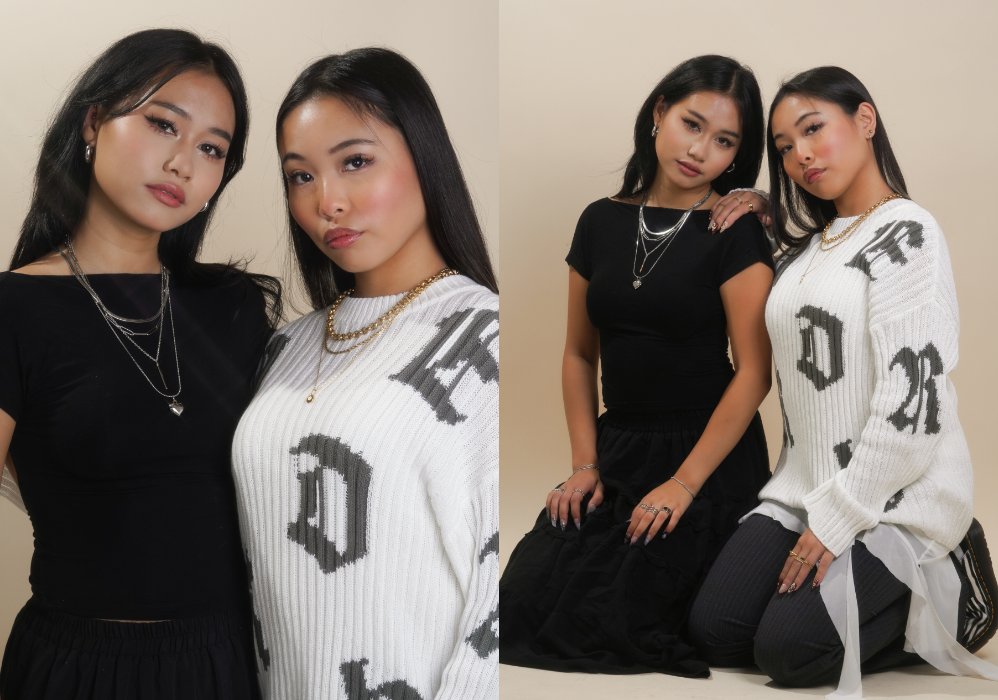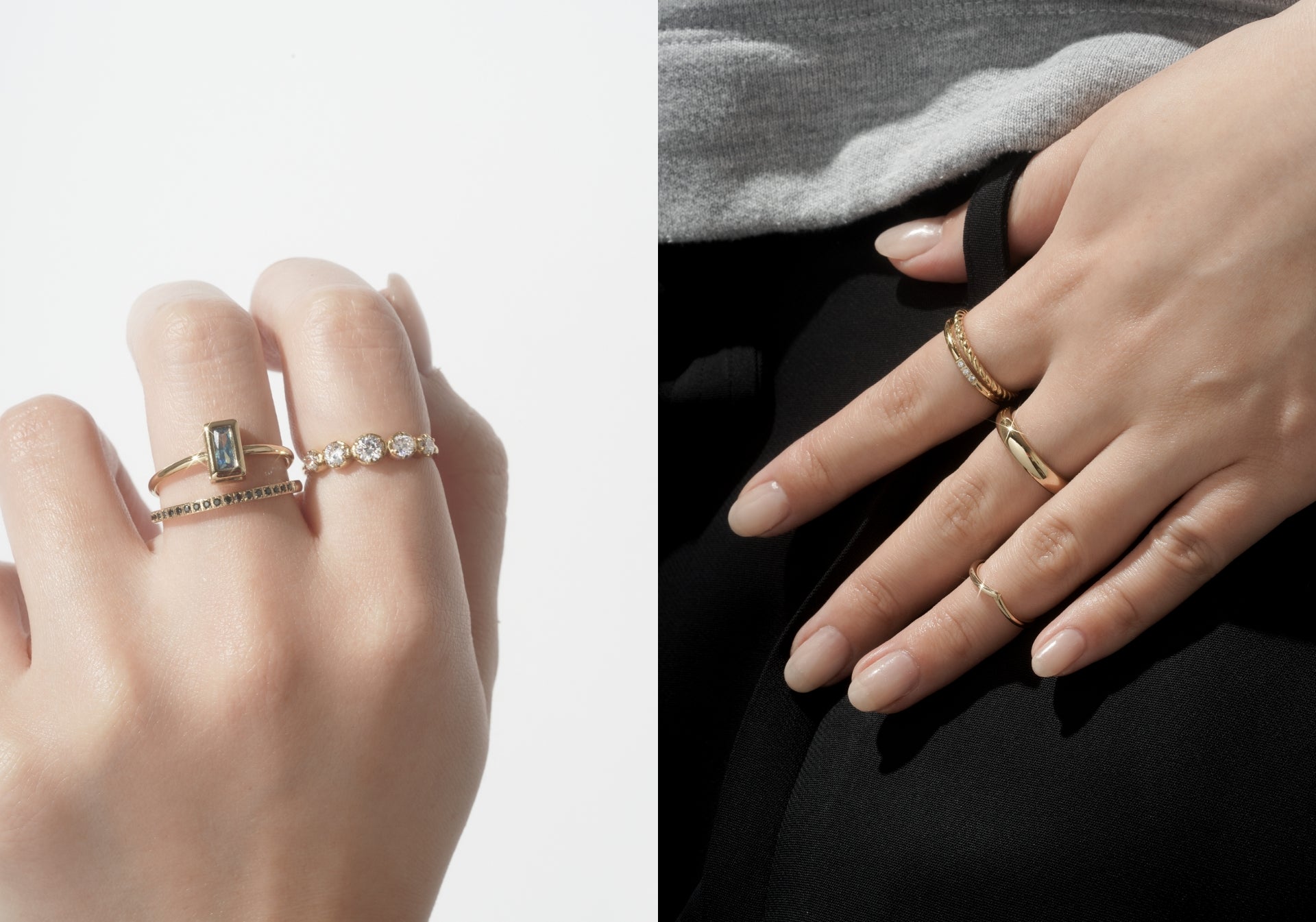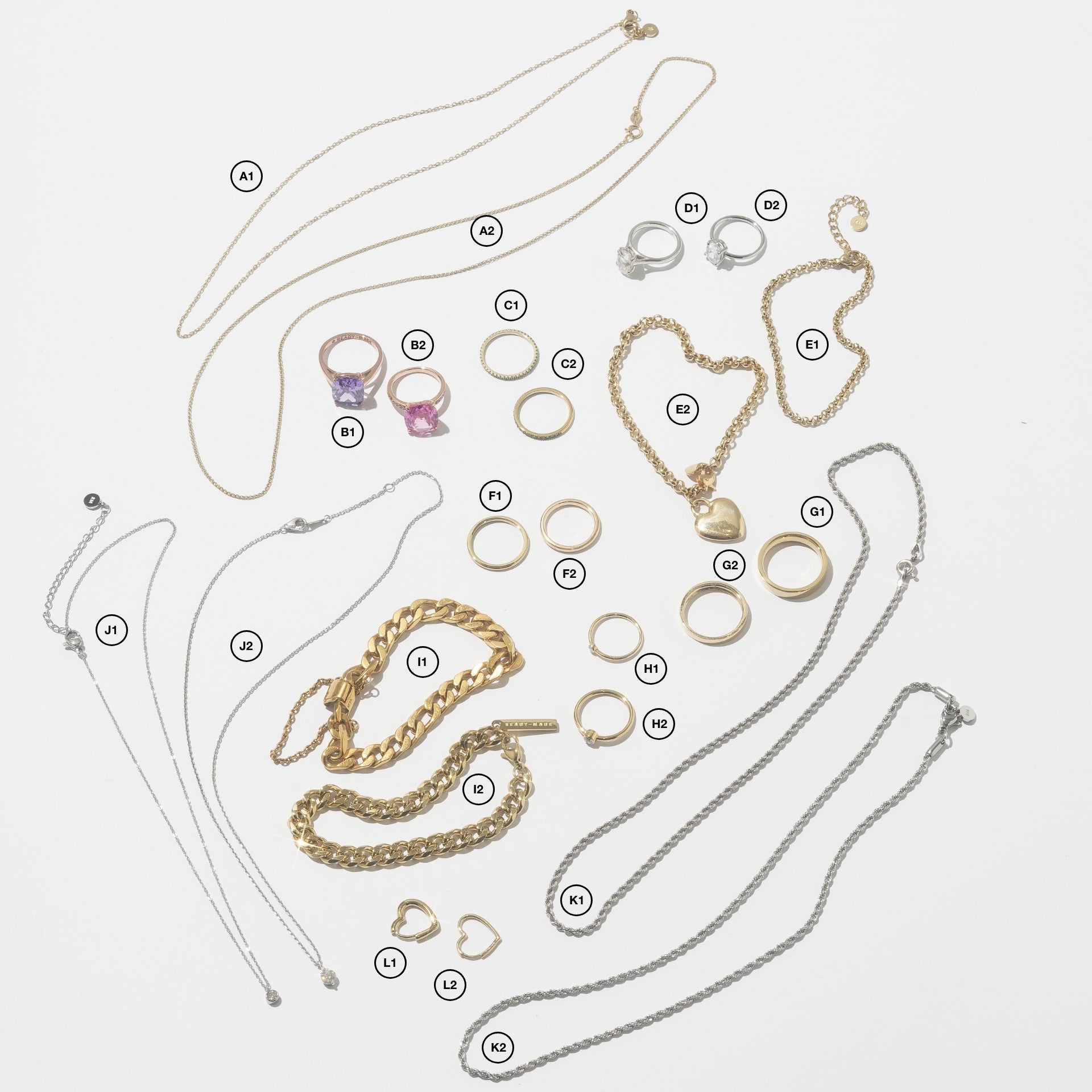Ethical and Eco Gold: What Do They Mean?
Ethical gold vs. Eco-friendly gold vs. Recycled gold vs. Dirty gold. Plus, what’s the official definition of “sustainable” and “fair trade” and why it’s not always accurate to use these terms freely.
It’s no secret that gold mining has consequences with a long tradition of harming people and the environment. We’ll call this type of gold that is mined via harmful methods Dirty Gold. The Dirty Gold mining industry is rife with humans rights violations, such as child labor, exploitation of vulnerable people, contaminating drinking water, displacing communities, and even funding conflict. Gold mining isn’t talked about in easy-to-understand terms, and there’s a lot of ambiguity in how mining is described. For example, it’s fairly easy to imagine why gold mining deemed “large scale” is extremely destructive to the environment (and note here that aquatic eco-systems are the most affected), but “small scale” mining, while seemingly on the opposite end of the spectrum, has shown to use more mercury in comparison. It’s also not enough to just think of any small scale mining as eco-friendly or ethical, and the purpose of this post is to begin pointing in the right direction, giving some insight on how to categorize gold and how to ask for more information or certifications when you’re buying jewelry as a conscious consumer.
ETHICAL GOLD
Ethical Gold is gold that is mined in consideration of working conditions. While child labor and exploitation of vulnerable communities are hard violations, any gold that is deemed ethical needs to also pay fair wages to miners. Ethical Gold is still mined using mercury and cyanide, but there are requirements for the residues of such hazardous chemicals to be safely managed and disposed of. Currently, the Fairmined Gold Standard (requirements for working conditions, traceability of minerals, and safe handling of chemicals) is a certification for gold that is mined ethically.
Side note: What about Fair Trade Gold?
The term “fair trade” is a precise term in both meaning and requirements. Fair trade means gold sourced exclusively from small scale or artisanal mines and, among other improvements to workers' livelihoods, guarantees a minimum price when buying gold from these miners. In order to use the term, the product needs to come with certification from an international governing body (Fair Trade Foundation of the World Fair Trade Organization) and meet the Fairtrade Gold Standard.
ECO-FRIENDLY GOLD
Other names: green gold, eco gold, ecological gold, environmentally friendly gold
While gold that is mined ethically can still be extracted using toxic chemicals, any gold that is deemed Eco-Friendly must be mined without harmful chemicals such as mercury and cyanide. The main goal for eco-friendly mining is to extract gold with the least amount of environmental disruption, and that means introducing no harmful chemicals into aquatic eco-systems (one of the worst side effects of gold mining), among other requirements. The best Eco-Friendly gold mining practices would also have a program established for eco-system restoration to further their awareness and care for the environment. Fairmined Ecological Gold Standard is a certification for eco-friendly gold that builds upon the Fairmined Gold Standard (for Ethical Gold) with the additional requirement of completely abandoning toxic chemicals.
Side note: Eco-friendly vs. Sustainable
Eco-friendly doesn’t necessarily mean sustainable. Like the term “fair trade,” “sustainable” is also a precise term that needs to meet certain requirements. The U.N. sets the standard for sustainability as something that “does not compromise the ability of future generations to meet their needs.” For sustainability, life cycle is an important factor, and sustainable gold considers the entire process of extracting the gold from the earth to delivering it as a final product. Facts like the energy and resources needed to manufacture and transport and proper ways to dispose are all important considerations. GreenCircle Certified is one example of a third party that certifies sustainability practices.
RECYCLED GOLD
A subcategory of Eco-Friendly gold is Recycled Gold. Simply, it’s gold that had once been refined, and such gold can come from sources such as old jewelry and non-jewelry products containing gold like scrap metals or computer chips. The only certain way to know where the recycled gold is coming from is seeing the gold when it's delivered to the recycler. Thus, this is how the origin of any recycled gold is determined. Recycled gold comes in many forms, like unprocessed recyclable gold (jewelry and coins), industrial by-product (floor sweepings or shavings), and melted recyclable gold that is already processed by refineries as the first step of the recycling process (they are melted down and usually cast into bars to be purchased by jewelers). The gold that refineries collect are from multiple origins, making it difficult to reliably trace the source. In this way, Dirty Gold can enter the supply chain, either by accident or, unfortunately, as a method to hide origin.
CONCLUSION
Ready-Made doesn’t use gold or precious metals, really because we couldn’t guarantee 100% transparency with our sources. We’re including some links below for more reading on the impact of Dirty Gold, and the alliances and groups that encourage responsible sourcing and consumption. The silver lining from these non-profits is that we’re seeing more and more camaraderie between transparent artisanal miners and larger jewelry companies and investors, which means more progress towards safer working conditions and environmental preservation.
Earthworks, a non-profit with a lot of data-backed articles on mining, metals, and impact https://www.earthworks.org/publications/dirty_metals/
Alliance for Responsible Mining
Fairmined Standard (Fairmined Gold, Fairmined Ecological Gold)
Fairtrade International Fairtrade Gold Standard.
Dirty Gold, How Activism Transformed the Jewelry Industry by Michael John Bloomfield: https://mitpress.mit.edu/books/dirty-gold









